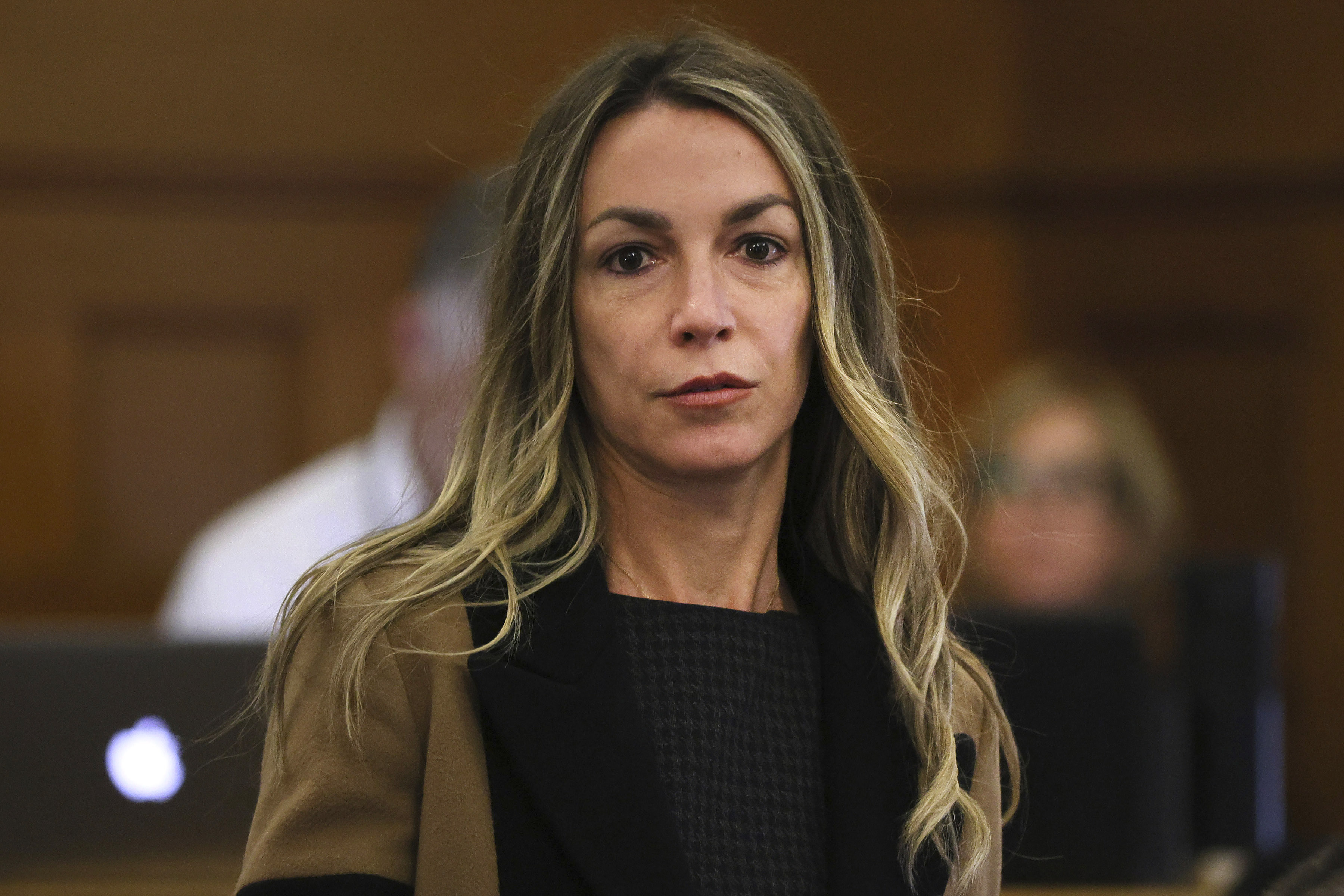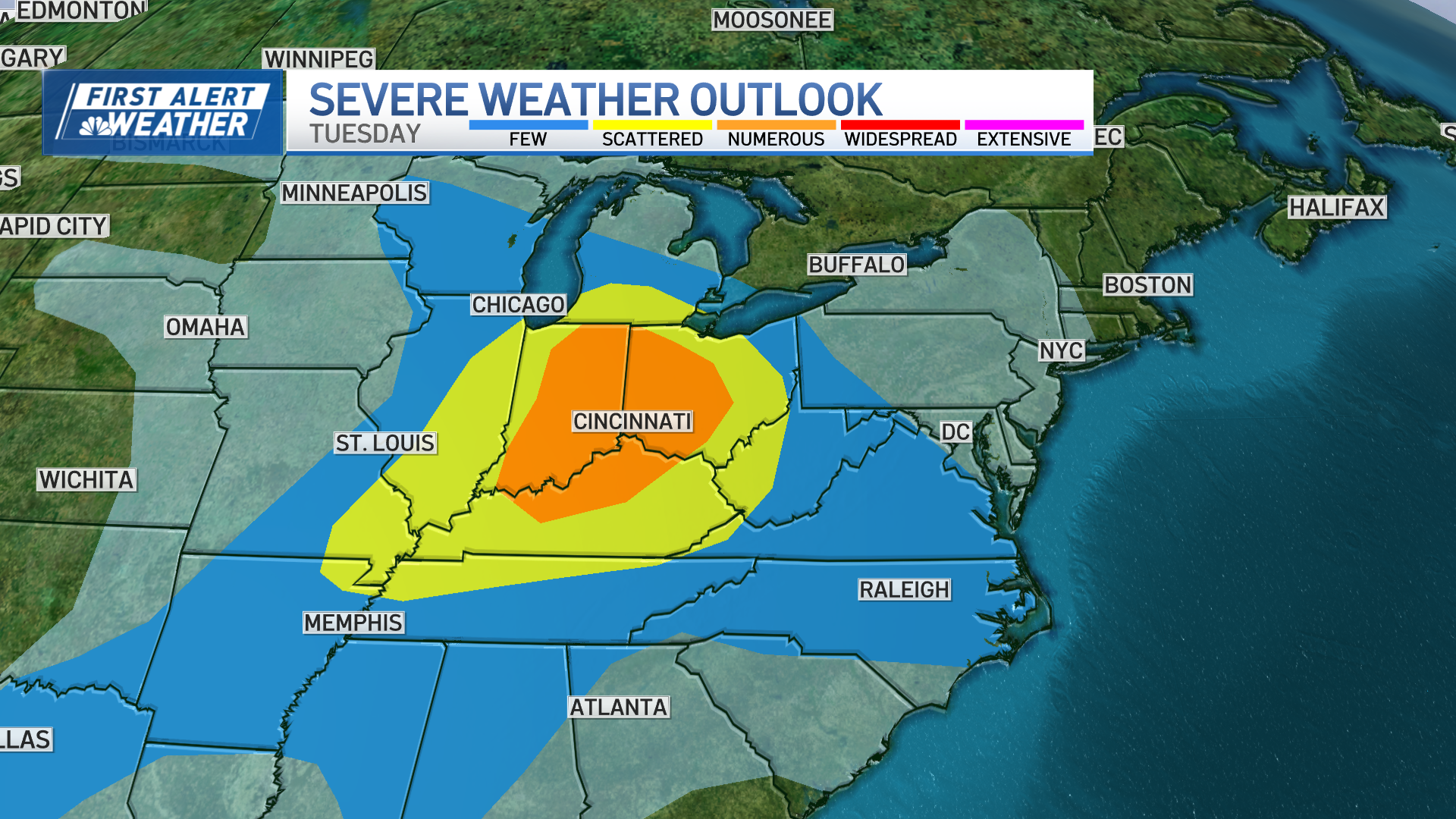Massachusetts Senate Democrats rolled out a $57.9 billion budget bill Tuesday that aligns with their House counterparts in many ways, but also stretches to propose a pair of novel ideas: free community college and regional transit authority trips.
The Senate Ways and Means Committee spending plan for fiscal year 2025 would cover another year of free school meals, pay for another year of the multi-year K-12 funding law known as the Student Opportunity Act, and direct more money to strained emergency family shelters without seeking additional systemic reforms.
WATCH ANYTIME FOR FREE
Stream NBC10 Boston news for free, 24/7, wherever you are. |
Like the version the House approved in April, the plan drafted by Senate Democrats does not propose new tax increases and would not withdraw any funding from the state's hulking "rainy day" savings account. To jack up spending in a slow growth tax revenue environment, it would similarly tap a range of one-time and new revenue sources that combine for about $1.15 billion.
The draft Senate budget, which will be debated during the week of May 20, calls for about $100 million less in spending than the final $58 billion House-approved budget, although its bottom line is likely to rise with floor amendments. It represents an increase of 3.3% over the fiscal year 2024 budget Gov. Maura Healey signed into law last summer.
Get updates on what's happening in Boston to your inbox. Sign up for our News Headlines newsletter.
That annual rate of growth would rank close to the bottom over the past decade, and it represents a marked shift from the spending spree Democrats enacted in the past two years -- 9.1% spending increase in fiscal 2023, 6.9% in fiscal 2024 -- with the support of Republican Gov. Charlie Baker and then Healey.
Top Democrats sought at once to pitch the Senate's proposal as a right-sized, fiscally wise approach amid an uncertain financial climate and also as a tool to keep up robust investments in the areas that need it most.
"As I've said it before these past few months, revenues rise and fall. You all know it's cyclical," Senate President Karen Spilka told reporters Tuesday. "But this is not the time to take our foot off the pedal when it comes to making investments in our residents that will improve quality of life, build a world-class workforce and keep people in Massachusetts so they can live, work, raise a family and build a life right here, and while we do it, we remain prudent stewards of taxpayer dollars."
Next fiscal year will be the second in which lawmakers are able to tap into a sizable pool of revenue generated by a voter-approved surtax on the state's highest earners. Senate Democrats want to unevenly divide the $1.3 billion pot with $735 million (57%) for education and $565 million (43%) for transportation.
Their plan would use that funding to bump up state operating assistance for the MBTA to $314 million, which would help the T navigate -- but not fully erase -- a projected budget gap expected to swell over the coming years. It also calls for using $23 million in surtax revenue to begin funding a low-income fare program the MBTA will launch this summer.
Senate Democrats want to go big on another facet of public transit: the state's 15 regional transit authorities, which provide mostly bus service in communities outside the Boston core.
The proposed budget would direct $214 million to RTAs, a significant jump over last year's spending plan, including $40 million that senators said would allow each agency to run trips free of charge to passengers year-round.
A handful of RTAs have already moved to eliminate fares themselves. Asked about potentially funding fare-free service at the MBTA, Senate Ways and Means Committee Chair Michael Rodrigues said he prefers "means-tested fares on the T" instead.
"Their clients have mixed income, from low-income to higher income, whereas our RTAs service primarily the lowest-income residents of the commonwealth," Rodrigues said.
Teased as a likely headliner in their budget for months, Senate Democrats would deliver free community college in their version of the Ways and Means spending bill. The $117.5 million initiative would be paid for entirely with surtax revenue.
In addition to the free community college program, the Senate Ways and Means budget would use surtax funds to expand financial aid for students at four-year institutions from $84 million last year to $105 million, provide $10 million in college and university wraparound supports -- all announced at a press conference on Monday -- as well as fund initiatives senators passed in a sweeping early education and care bill earlier this year.
The budget would make permanent Commonwealth Cares for Children grants, funding the program at $475 million, maintaining level funding from fiscal 2024 representing the same amount recommended by the House and Healey. Of that, $150 million would come out of surtax funds while $325 million is funded through the General Fund.
To pay for the early education grants, the House seeks to legalize online Lottery after their attempt to authorize the so-called iLottery failed in negotiations with the Senate last year.
Senate Ways and Means again did not include iLottery in its budget this year, though Rodrigues pointed out a policy the Senate is proposing to allow people to use debit cards to purchase Lottery tickets, which he said could generate $25 million in revenue.
"First of all, even if we did authorize it, the treasurer testified at a Ways and Means hearing that it would be 14 months from the time of authorization to the time that it will actually generate any revenue, so there'd be no revenue generated in this budget, even if we did authorize online Lottery," Rodrigues said. "And we've heard a lot of concerns from brick and mortar retailers, convenience stores and package stores that rely on the Lottery for their business that it would hurt their business."
In addition to C3 grants, the Senate Ways and Means budget funds a number of early education initiatives already approved in a $1.5 billion early education and care bill, including $774 million to expand child care subsidies to more families and $65 million to increase provider rates.
Senate Democrats would dedicate $6.9 billion to Chapter 70 aid for schools, slightly more than the House, which they said would fully fund the fourth year of the K-12 funding reform law known as the Student Opportunity Act. Like the House, the committee seeks to provide a minimum aid increase of $104 per pupil. This represents a jump in minimum per-pupil aid, which was set as $60 per head last year.
All three budget proposals -- Healey's, the House's and the Senate Ways and Means Committee's -- seek $325 million for the emergency family shelter system. That amount would level-fund the line item compared to fiscal 2024, though Beacon Hill already agreed via a bill Healey signed last week to allow the use of $175 million from savings on shelter costs in fiscal 2025.
The combined $500 million that would be available in the next annual budget cycle is well short of the $915 million the Healey administration estimated it would need to cover all spending in that span. While the account appears significantly underfunded, and may need supplemental aid, state officials have agreed to new shelter stay limits, which could alter total spending.
"We want to keep the pressure on the [Healey] administration to make programmatic changes to make it more efficient and affordable. If you just throw all the money they want at it, there's no incentive," Rodrigues said. "We're saying, 'Make it work.' And if they can't make it work, then come back to us and justify why you could not make this investment work."



